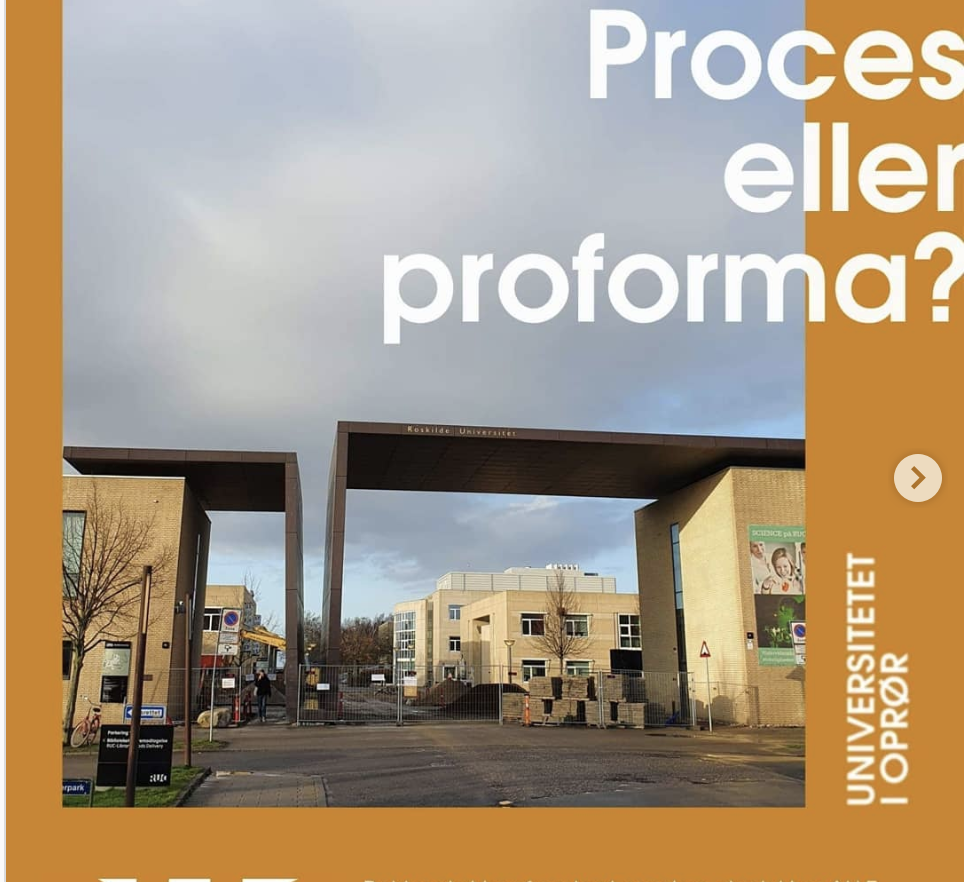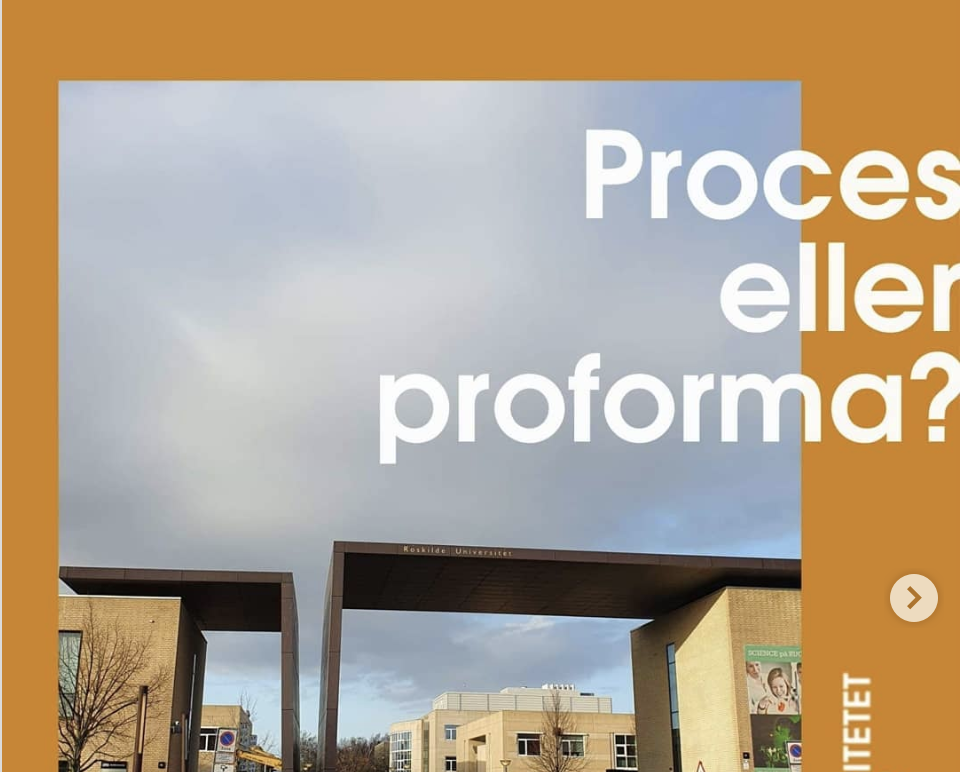

There’s been whispering in the corners of RUC. Whispering of educational structures, about the closure of educations, and about the future of our university. Whispering of things, about which whispering is not allowed. Things that ought to be said loud and clear. Things that ought to be on the agendas and minutes at meetings in decision-making bodies. Things that ought to be grounded in co-creation and democracy.
The proposed Master’s Reform has been met with plenty of criticism. While plenty worthy of criticism, discussions regarding the contents of the proposal are premature.
The discussion ought instead be focused on the process, that lay at the foundation of the proposal – or rather, the lack thereof. In the thorough walkthrough of the process, available in the February 22nd edition of RUC Paper, it is made evident that the Master’s Reform was presented to the democratic bodies of RUC only after key decisions had apparently already been made.
The reform has technically been present on the agendas of those democratic bodies, but under the label RUC’s uddannelsesudbud, and primarily as orientation, rather than involvement. Throughout said orientation, it has become increasingly obvious that the reform process has progressed much further than we have. Further along, certainly, than university management has led on, when they repeatedly refer to the early stages of the process as reasons not to answer questions or comments.
This is a contribution to the debate written by representatives from the Student Council. RUC Paper is not responsible for any views expressed in this letter.
And as dialogue was met only with rejection, sadly, we must now resort to different tactics, in order to have our voices heard.
And what then is the point of a university election? What then is the point of student democracy? What then is the point of employee representation, of co-creation processes? If, at the end of the day, our function is that of yes-men, simply endorsing the decisions of the university management, that questions is quite tricky indeed.
We’ve attended meetings on the Master’s Reform. Repeatedly, as a matter of fact. Meetings about process, about co-creation and values. We’ve tried to engage in dialogue, only to be muzzled. And as dialogue was met only with rejection, sadly, we must now resort to different tactics, in order to have our voices heard. It has become evident by now, that there is a World of difference between being invited to a meeting, and actually being heard. There is a World of difference between invitation and involvement.
The deadline for the Master’s Reform must be postponed, so that we may ensure the quality of future education.
We were promised involvement and process. That promise remains unfulfilled. However, we believe that this promise may yet be kept. We aspire to be more than simply figureheads for the branding of RUC. We want real involvement, as actors in the decisions being made regarding our education.
The deadline for the Master’s Reform must be postponed, so that we may ensure the quality of future education. The process must be changed, and our voices must be heard. The voices of students, as well as professors. The voices of all those who engage with the content of the educations on a daily basis. We must get more from those meetings than simply coffee.
We fear a reform grounded in arbitrary assessments, plagued by teething troubles and with administration valued above academic prowess. We fear a university in uproar. This is the reason why, so long as the process is not grounded in democracy, we refuse to engage with the contents. We demand to be heard.
The university management says that we are still in the early stages of the process. We say that there aren’t enough stages.
Mathilde Elisa Vendeholdt, chair, Student Council
Sif Stokholm, vicechair of the Academic Council.
Micky Winther Ronnenberg, student representative of the University Board of Directors.

